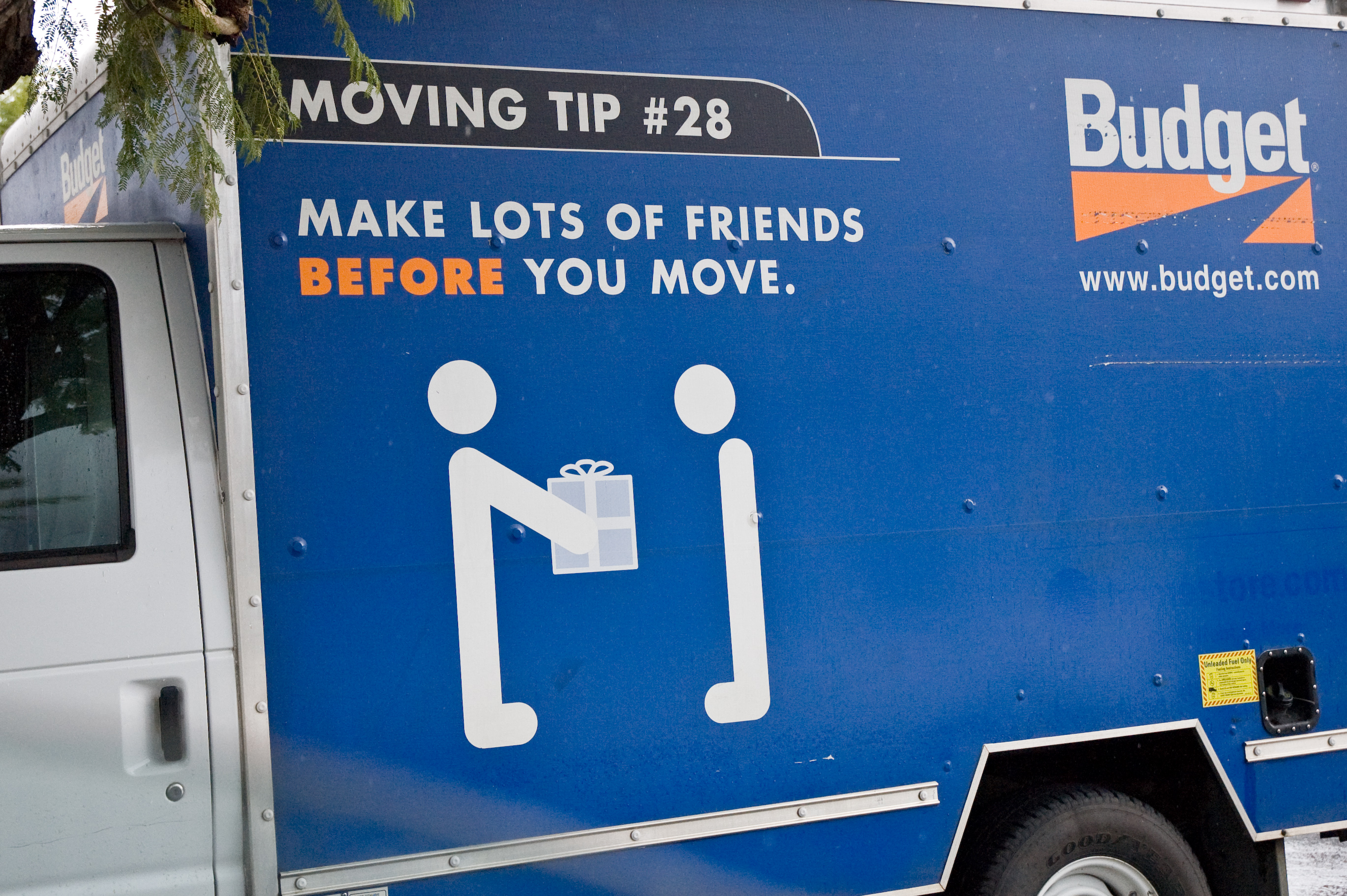Physical Address
304 North Cardinal St.
Dorchester Center, MA 02124
Physical Address
304 North Cardinal St.
Dorchester Center, MA 02124
On Marginal Revolution today, Tyler Cowen responded to several questions from a commenter, Celestus, including one that more and more Americans are asking: “I’m a remote worker. Why should I live in a city? Heck, why should I live in a suburb?” Tyler’s answer was provocative: “You live in a city for culture, for sex, and to marry well. If those don’t apply to you, don’t live in a city.” Plenty of commenters took umbrage at the implication that rural Americans are chaste philistines. And a few noted other amenity benefits of city life.
But there are more fundamental reasons to choose to live in a metropolitan area. The narrow choice of city versus suburb is a balance of cost and amenities. But the bigger question – in which region should I make my home? – requires one to look on a higher plane.
Life satisfaction, for most of us, comes from deeply held commitments (stubborn attachments, one might say) to specific other people and, often, small voluntary associations. Most people cannot form those commitments at will. And most people do not open themselves to deep friendships unless they believe that the counterparty is committed to them.
Stubborn attachments obviously exist in rural areas and small towns – perhaps quite a bit more than in metropolitan areas, as Rod Dreher argues in The Little Way of Ruthie Leming. But for an outside work-from-homer, that tightly woven community can be difficult to break into. Deeper connections require deeper commitments. Can Celestus credibly commit to staying in one, particular rural town? What if his job changes? What if there’s a nasty fight at the volunteer fire department – will he cut bait and move? He cannot credibly commit to remaining if the going gets tough.
Furthermore, moving to a distant rural area will make all of Celestus’ existing relationships harder to maintain, unless he has existing ties there.
Thus, Celestus is likely to be happiest in a metropolitan area where he already has some meaningful ties and where he has a plausible prospect of remaining anchored as his job and life evolve. That prospect will quietly change him, creating and meeting a greater capacity for satisfaction.
The deepest attachments, for most of us, are to family. And metropolitan areas are more probable places to enable a loose collection of relatives to live in proximity. Unless several extended family members happen to be footloose and like-minded, a move to a distant rural location will make holidays a chore – and remove those who care most about you from your daily life. Metropolitan areas have enough types of work to solve this coordination problem, either by choice or serendipity.
I’m blessed with an extended family that exemplifies this principle: when Furths grow up and move away from home, we often find kin where our jobs or educations take us. Thus my uncle in Columbus babysits his grand-niece and -nephew; my aunt in Los Angeles cooks real food for a sojourning nephew; two cousins shared a house in Fort Collins for a while; an elderly cousin moved from New York to a DC-area nursing home where several of us could visit regularly. Our Thanksgiving dinners feature nearness of geography as much as of blood.
Conversely, optimizing for amenities will also change one, usually for the worse. I watched dear friends attempt to take advantage of the pandemic by moving first to Europe and then to coastal California. The history and nature (respectively) were awesome. But they returned deeply unhappy and with less capacity than before for loving, and being loved, by any particular community.

The cover photo is by Andrew Kambel on StockSnap
I changed images, but the preview image remained the same. It was taken by Andrew Kambel: https://stocksnap.io/photo/architecture-building-JLHRZTQLI5.